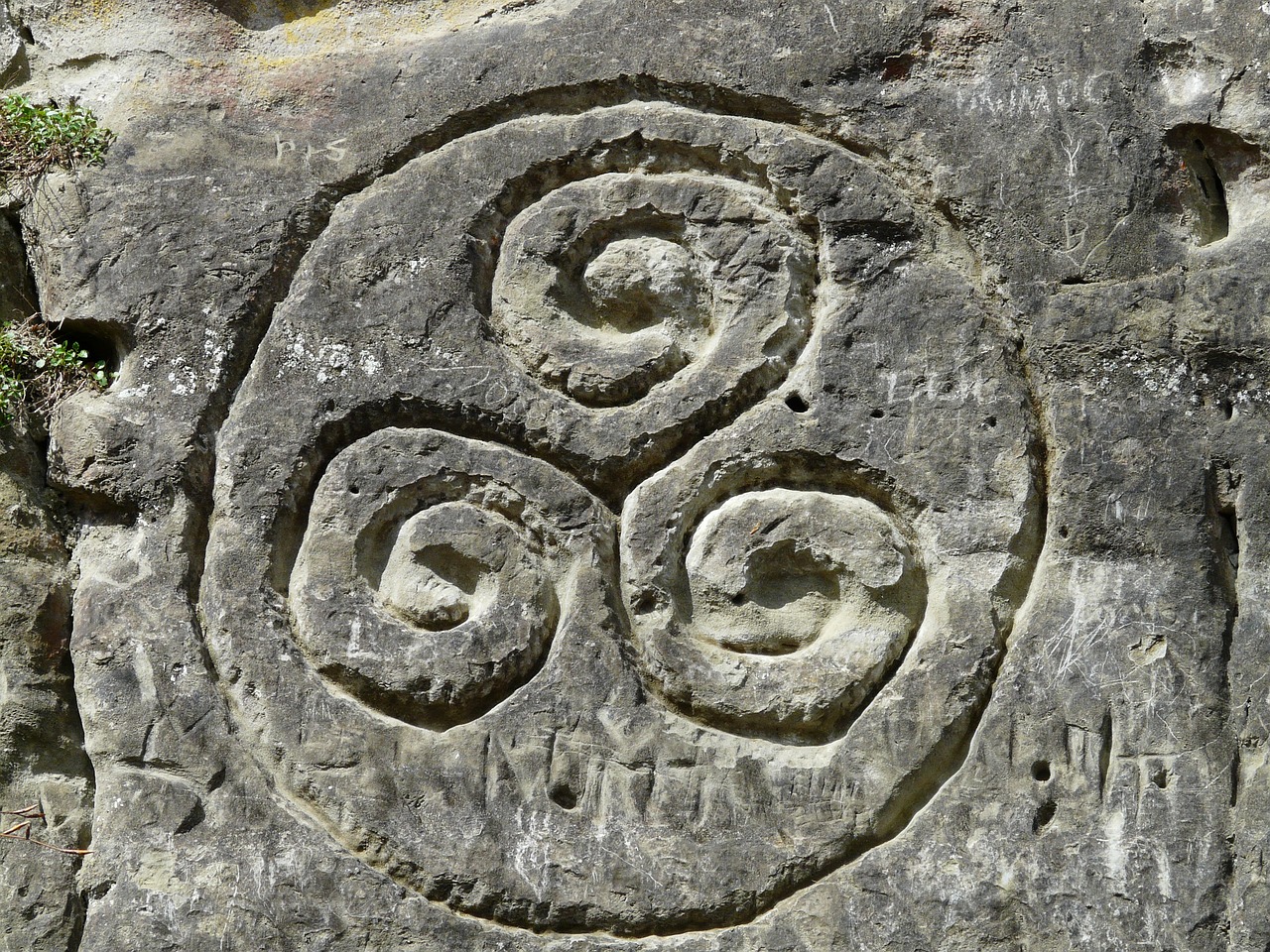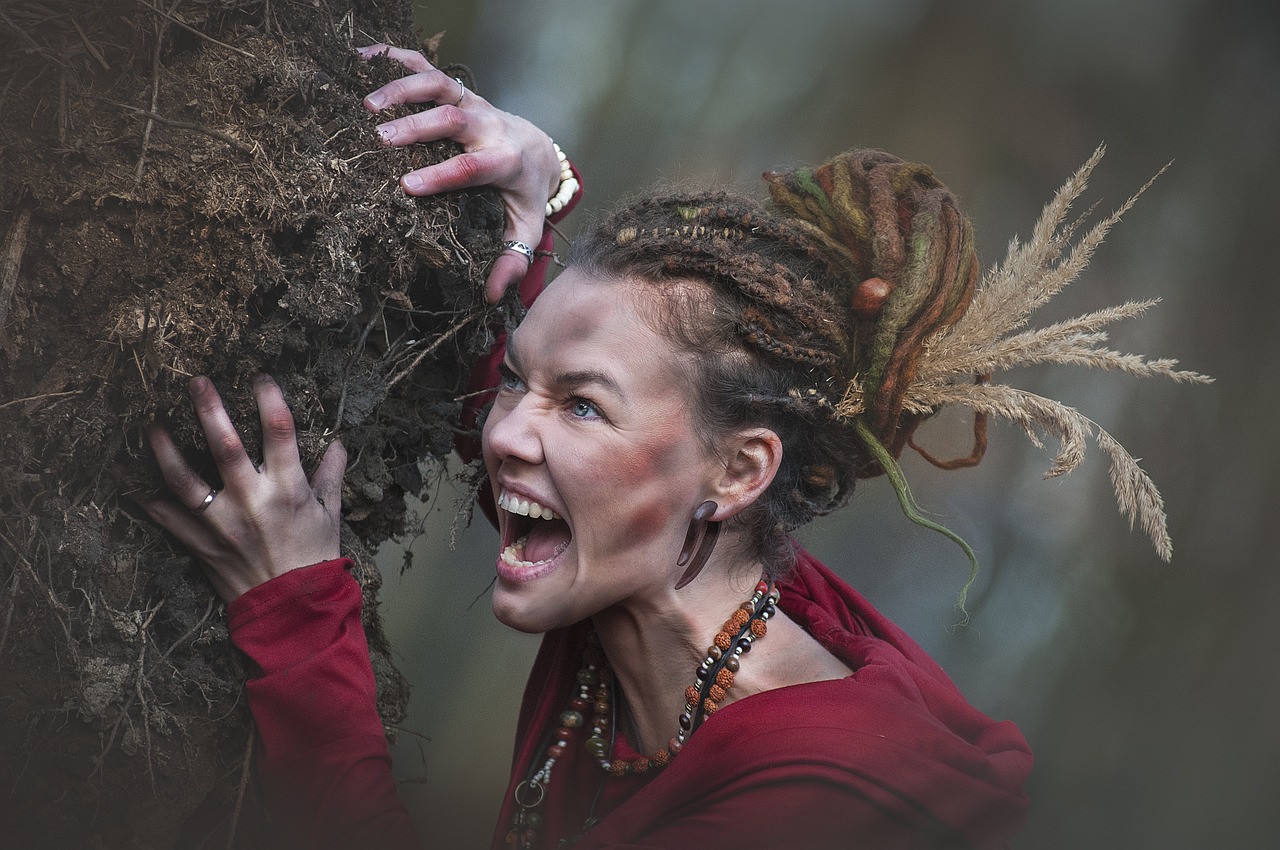Tag: horses
-
Epona, a significant figure in Celtic mythology, embodies the deep connection between the Celts and horses. The etymology of her name highlights this bond, as “epos” denotes “horse” in Celtic. Epona serves as the goddess of mares and foals and is mentioned in ancient texts, such as Juvenal’s Satire, which illustrates her esteemed reputation in…
-
Epona: The Celtic Goddess of Horses Epona, known as the Great Mare, stands prominently as a Goddess of Horses revered among the Gauls. Despite her significance, extensive information regarding her remains sparse. The legends of the Gaulish Celts have largely disappeared over time, as much of what we know stems mainly from inscriptions and monuments…
-
Epona – The Celtic Divine Equine Figure Dedicated to you, Sacred Mother, it has been presented. We offer to you, Atanta, this sacrificial horse, meticulously acquired for you, goddess Epona. Let it bring you satisfaction, mighty Potia, as we devote it to you. Through this offering, swift Ipona, alongside a filly, goddess Epotia, we seek…
-
Epona, a revered goddess within Celtic mythology, derives her name from the Celtic word “epos,” meaning “horse,” with the suffix “-ona” indicating a sense of possession or agency. Identified as the protector of mares and foals, Epona’s significance is evidenced in early writings, notably in Juvenal’s Satires, where he highlights her unique standing among deities…


